Metford
✅ Glucose regulation
✅ Diabetes management
✅ Insulin sensitivity
✅ Blood sugar control
✅ Metabolic balance
Metford contains Metformin.
Product Overview
Metford is a pharmaceutical formulation containing Metformin as its active ingredient. As a first-line oral antidiabetic agent, it is extensively prescribed for the management of elevated blood glucose levels in patients diagnosed with type 2 diabetes mellitus. The medication exerts its therapeutic effects by reducing hepatic glucose production while enhancing insulin sensitivity in peripheral tissues. Available in multiple dosage forms including immediate-release and extended-release tablets, Metford offers tailored treatment regimens to accommodate diverse patient requirements.
Therapeutic Applications
This medication is principally indicated for the treatment of type 2 diabetes mellitus, a metabolic disorder characterized by insulin resistance and persistent hyperglycemia. Through its glucose-lowering action, Metford aids in preventing diabetes-related complications such as cardiovascular disorders, nephropathy, neuropathy, and ocular complications. It may be administered as monotherapy or in conjunction with other antidiabetic agents, including insulin regimens when clinically warranted.
Administration Guidelines
For optimal tolerability, Metford tablets should be ingested with meals to mitigate potential gastrointestinal effects. The tablets must be swallowed intact with adequate water and should not be crushed or chewed. Dosage determination is based on individual patient factors including medical status, therapeutic response, and concomitant medications. Strict adherence to prescribed dosing schedules and regular blood glucose monitoring are essential components of effective therapy.
Mechanism of Action
The pharmacodynamic profile of Metford involves dual mechanisms: suppression of hepatic gluconeogenesis and enhancement of peripheral glucose utilization. Unlike insulin secretagogues, it does not stimulate pancreatic insulin secretion but rather improves insulin-mediated glucose uptake in target tissues. This action facilitates glycemic control without inducing hypoglycemia in most cases, making it particularly valuable in type 2 diabetes management.
Dosage Protocol
Dosing regimens are individualized based on clinical parameters. Initial therapy typically commences with 500 mg or 850 mg administered once or twice daily with meals. Subsequent dose titration is performed under medical supervision to achieve optimal glycemic control while minimizing adverse effects. Extended-release formulations permit once-daily dosing for improved patient compliance. Consistent medication adherence and regular glycemic monitoring are crucial for therapeutic success.
Therapeutic Advantages
Metford provides comprehensive benefits in type 2 diabetes management, including effective glycemic control, improved insulin sensitivity, and reduced risk of microvascular and macrovascular complications. By maintaining optimal blood glucose levels, it contributes to enhanced patient outcomes and quality of life while potentially reducing diabetes-related morbidity.
Adverse Effects
The most frequently reported adverse reactions involve the gastrointestinal system, manifesting as nausea, emesis, diarrhea, abdominal discomfort, and decreased appetite. These symptoms are typically transient and dose-dependent. Of particular clinical significance is the rare but potentially fatal complication of lactic acidosis, necessitating immediate medical intervention if suspected.
Precautions and Contraindications
Caution is warranted in patients with renal impairment, hepatic dysfunction, cardiac insufficiency, or history of metabolic acidosis. Comprehensive medical evaluation including assessment of comorbidities and concurrent medications is mandatory prior to initiation. Metford is contraindicated during pregnancy and lactation unless explicitly prescribed by a qualified healthcare provider after careful risk-benefit analysis.
Storage Conditions
Maintain Metford tablets at controlled room temperature, protected from moisture and excessive heat. Retain in original packaging and store in a secure location inaccessible to children and pets. Discard any expired or compromised medication appropriately.
Disclaimer:
The information provided herein is intended for educational purposes and represents expert-reviewed, evidence-based data. However, it should not supersede professional medical advice. This content does not encompass all potential adverse effects, drug interactions, or contraindications. We strongly recommend consultation with a qualified healthcare practitioner for personalized medical guidance. Our objective is to complement, not replace, the essential physician-patient relationship.
| Strength | 500 mg, 850 mg, 1000 SR |
|---|---|
| Quantity | 30 Tablet/s, 60 Tablet/s, 90 Tablet/s, 180 Tablet/s |
 Metford
Metford






















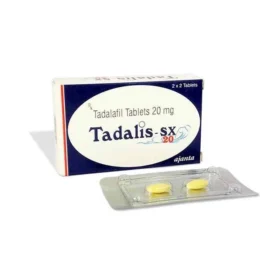
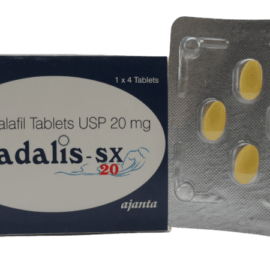


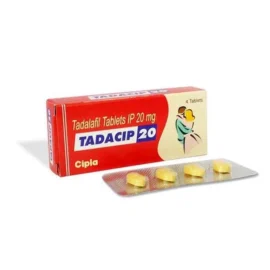
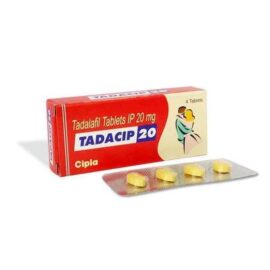


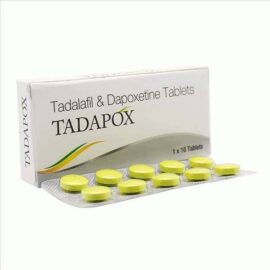


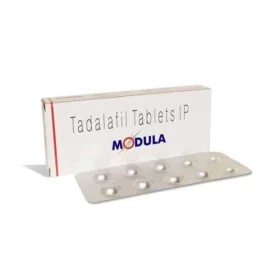
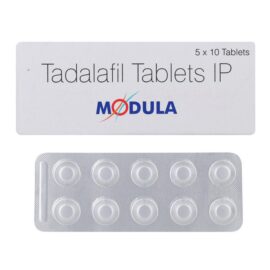




Reviews
There are no reviews yet